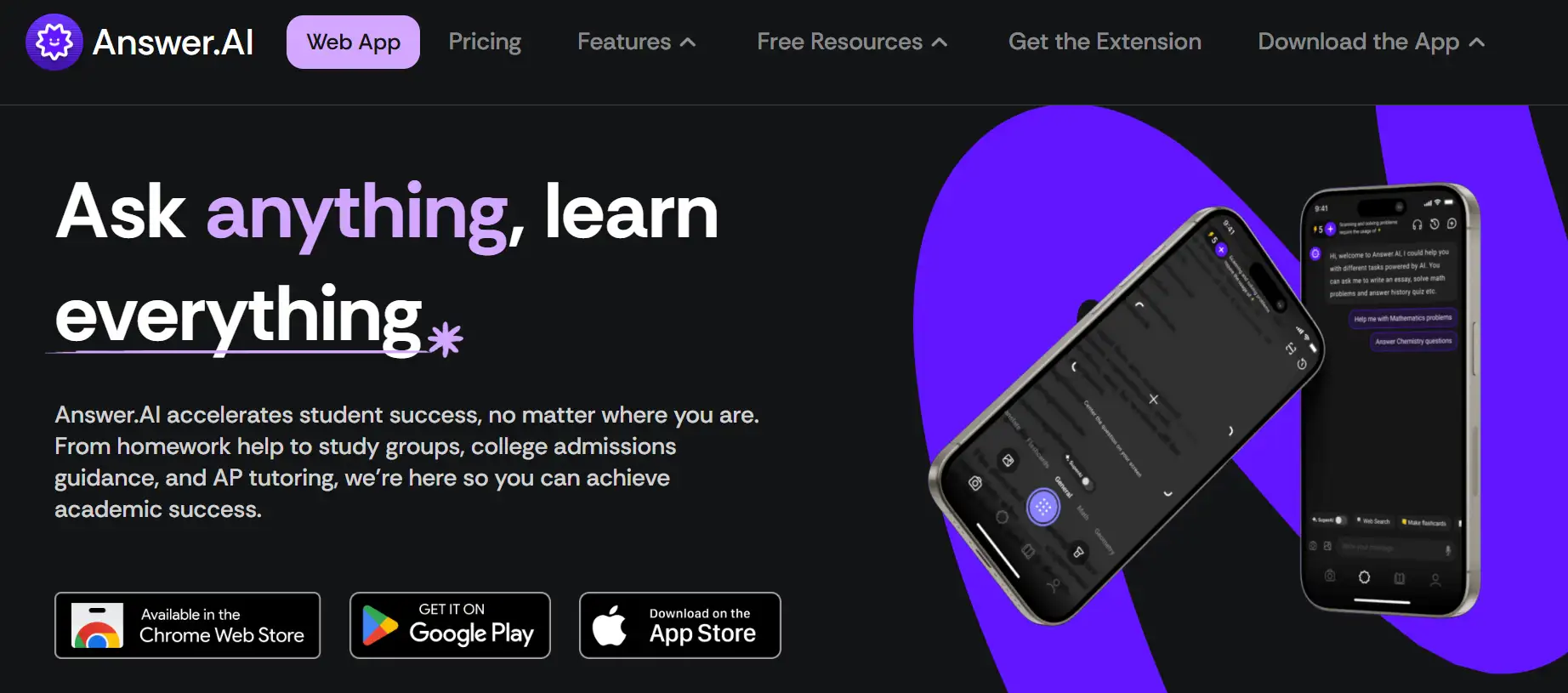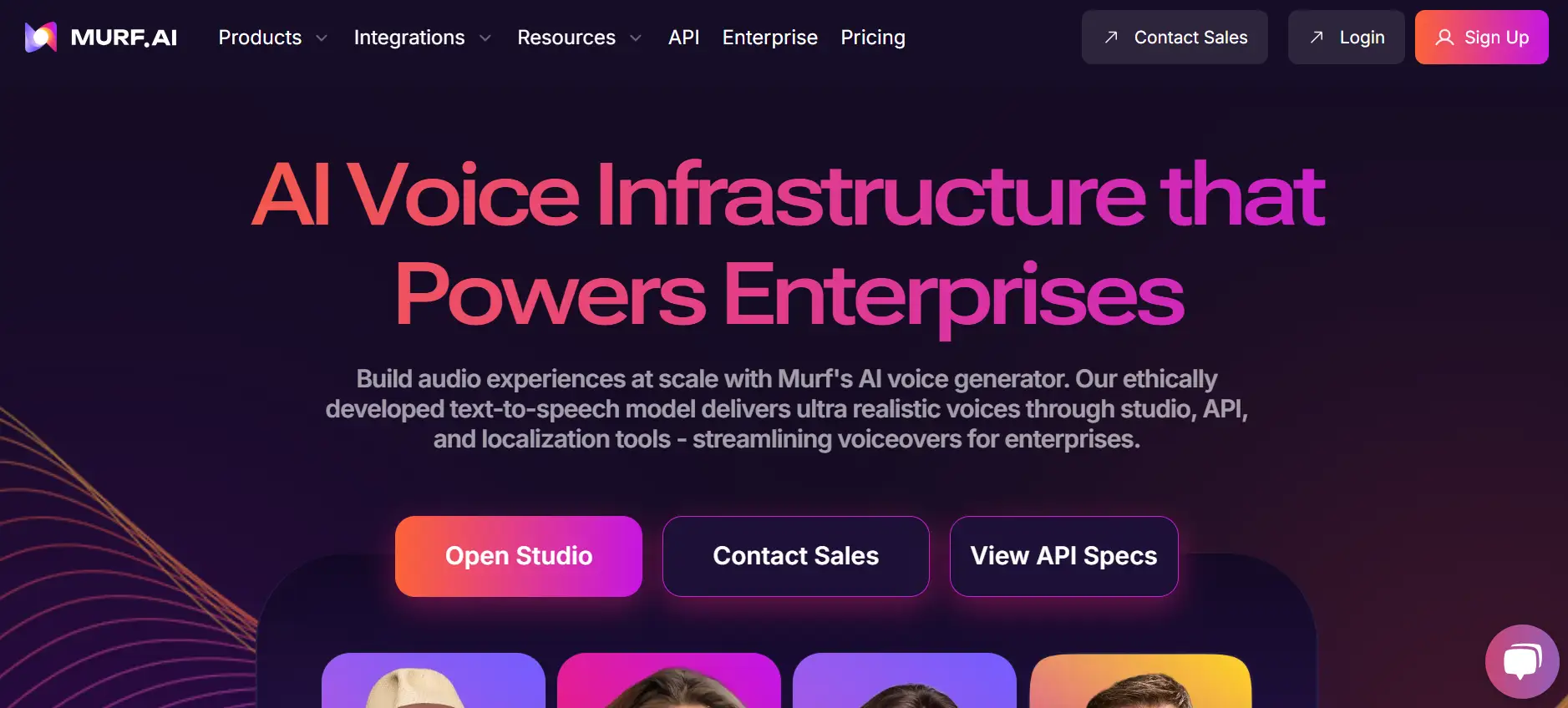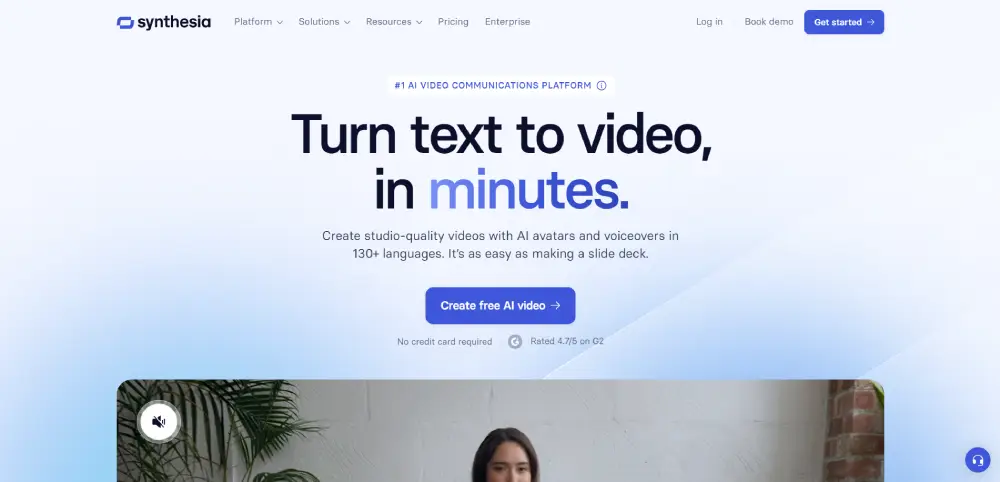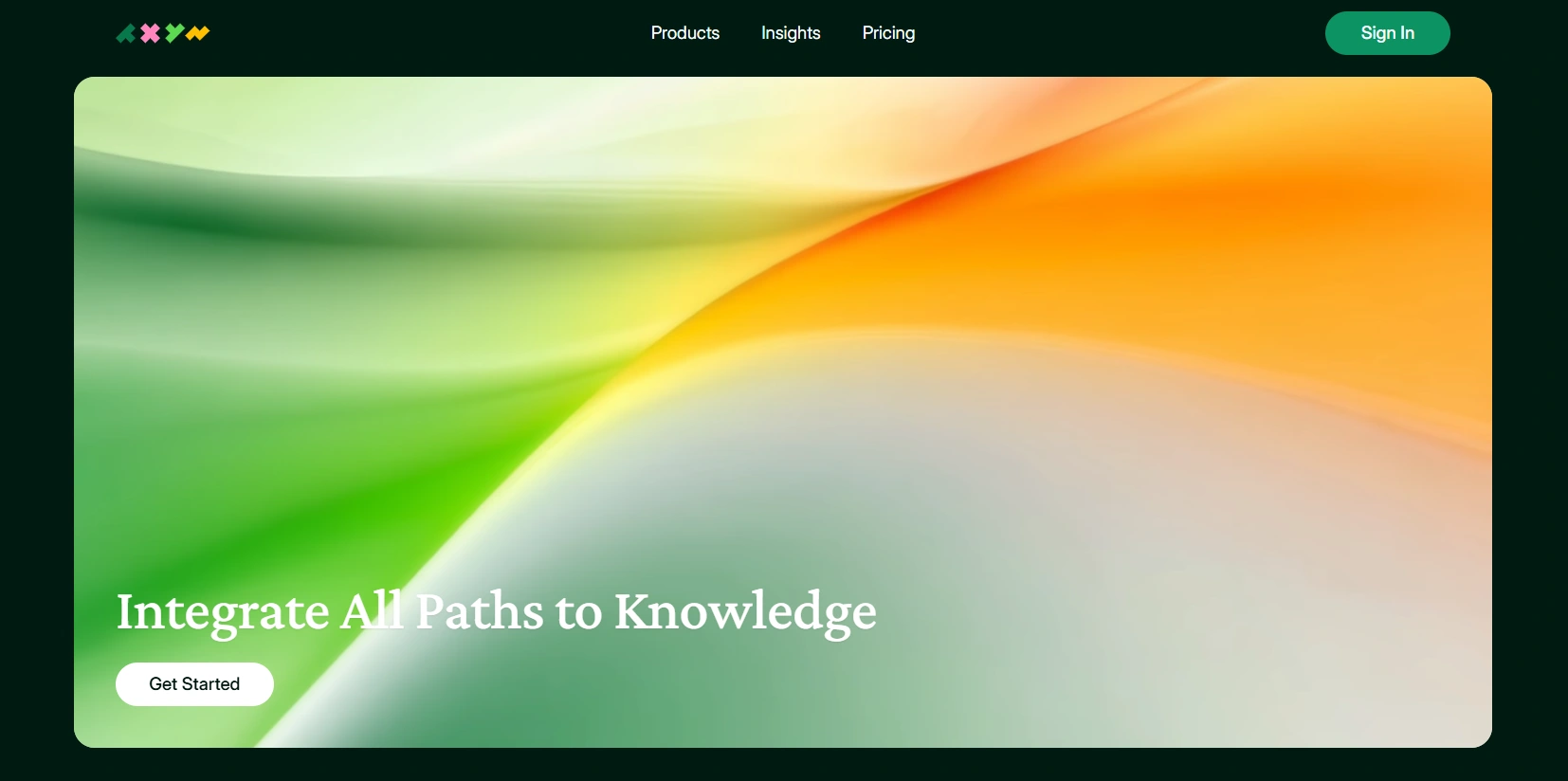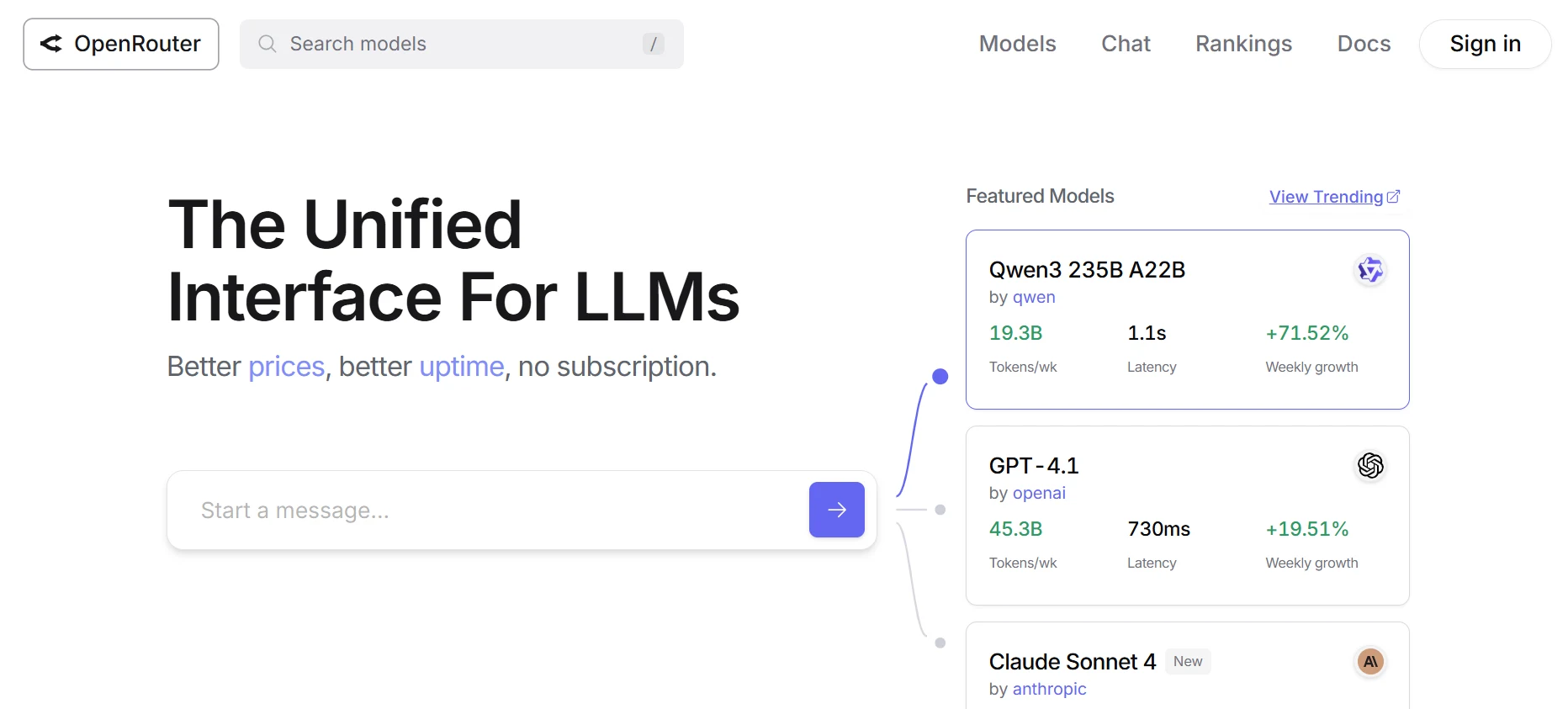Socratic By Google
Socratic, inspired by the renowned Socratic Method, fosters a dialogue between teacher and students to delve into underlying beliefs and shape perspectives.
|
AI Categories:
|
Research Personal Assistant Education |
|---|---|
|
Pricing Model:
|
Free |
What is Socratic By Google?
This method, characterized by probing questions, aims to delve into the underlying beliefs shaping students' perspectives. Despite being misunderstood at times, the Socratic Method has been integral to Western pedagogy since the days of Plato, serving as a cornerstone for critical thinking and exploration of complex ideas. However, it's essential to distinguish this method from extreme portrayals, such as the depiction of Dr. Kingsfield in the film "The Paper Chase."
Key Features:
- Student-Led Discussions: Socratic learning revolves around students actively discussing their thoughts and rationale behind their opinions, fostering critical thinking and engagement.
- Listening and Thinking: Integral to the Socratic Method is the cultivation of active listening and deep thinking among both students and teachers, promoting meaningful dialogue and exploration of ideas.
- Teacher's Role: Teachers play a crucial role in Socratic discussions by valuing students' ideas, ensuring fair discussion rules are followed, and gently guiding the conversation back on track if needed.
- Respect for Student Ideas: Socratic learning emphasizes the importance of teachers taking students' ideas seriously, creating an inclusive environment where all perspectives are valued and explored.
- Collaborative Inquiry: Socratic discussions encourage collaborative inquiry, where students and teachers work together to explore concepts, challenge assumptions, and deepen understanding through respectful dialogue.
Pros:
- Gaining active learning and listening skills through engaging in meaningful dialogue and discussion.
- Promotion of critical thinking skills by challenging assumptions and exploring diverse perspectives.
- Learning how to be challenged and developing strategies for effectively responding to challenges.
- Discovering how to examine issues in-depth, leading to a deeper understanding of complex topics.
- Enhancing planning and management skills by practicing structured inquiry and analysis.
Cons:
- Easy failure rate without active student participation, hindering the effectiveness of the method.
- Common fear of public speaking among students, potentially limiting engagement and participation.
- Possible loss of interest when a professor engages in one-on-one discussions, leading to disengagement from the group dialogue.
- Lack of a definitive right answer may frustrate some students accustomed to clear-cut solutions.
- Difficulty in handling multiple responses for a given question, posing challenges in maintaining focus and coherence in discussions.
Who is Using Socratic By Google?
High school students frequently turn to Socratic to overcome homework obstacles and ace exams, leveraging its resources for academic success.
What Makes Socratic By Google Unique?
Socratic's uniqueness lies in its fusion of extensive subject support and Google's AI capabilities, offering personalized assistance to students. This tailored approach enhances learning, making Socratic a standout platform for academic support.
Summary:
High school students frequently turn to Socratic to overcome homework obstacles and ace exams, leveraging its resources for academic success.
Popular AI Tools
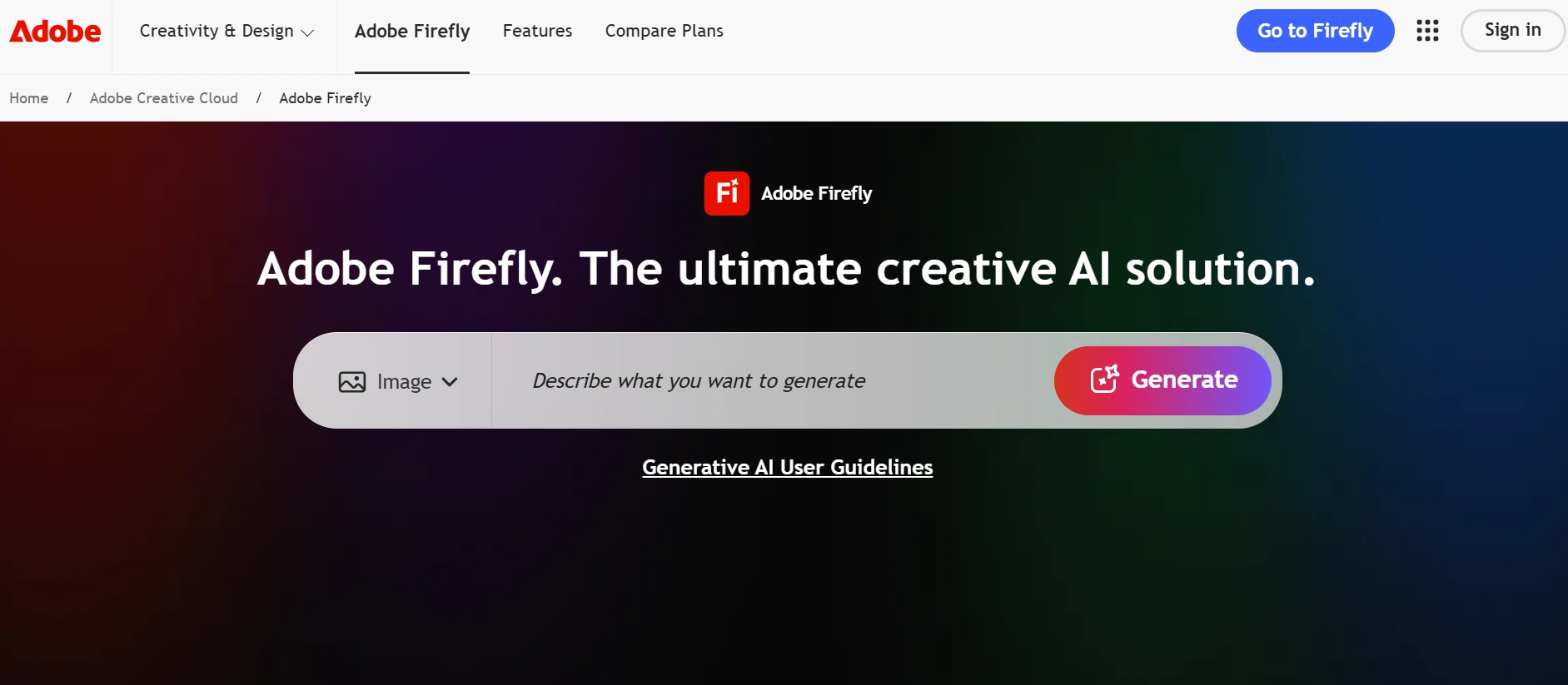
AdobeFirefly
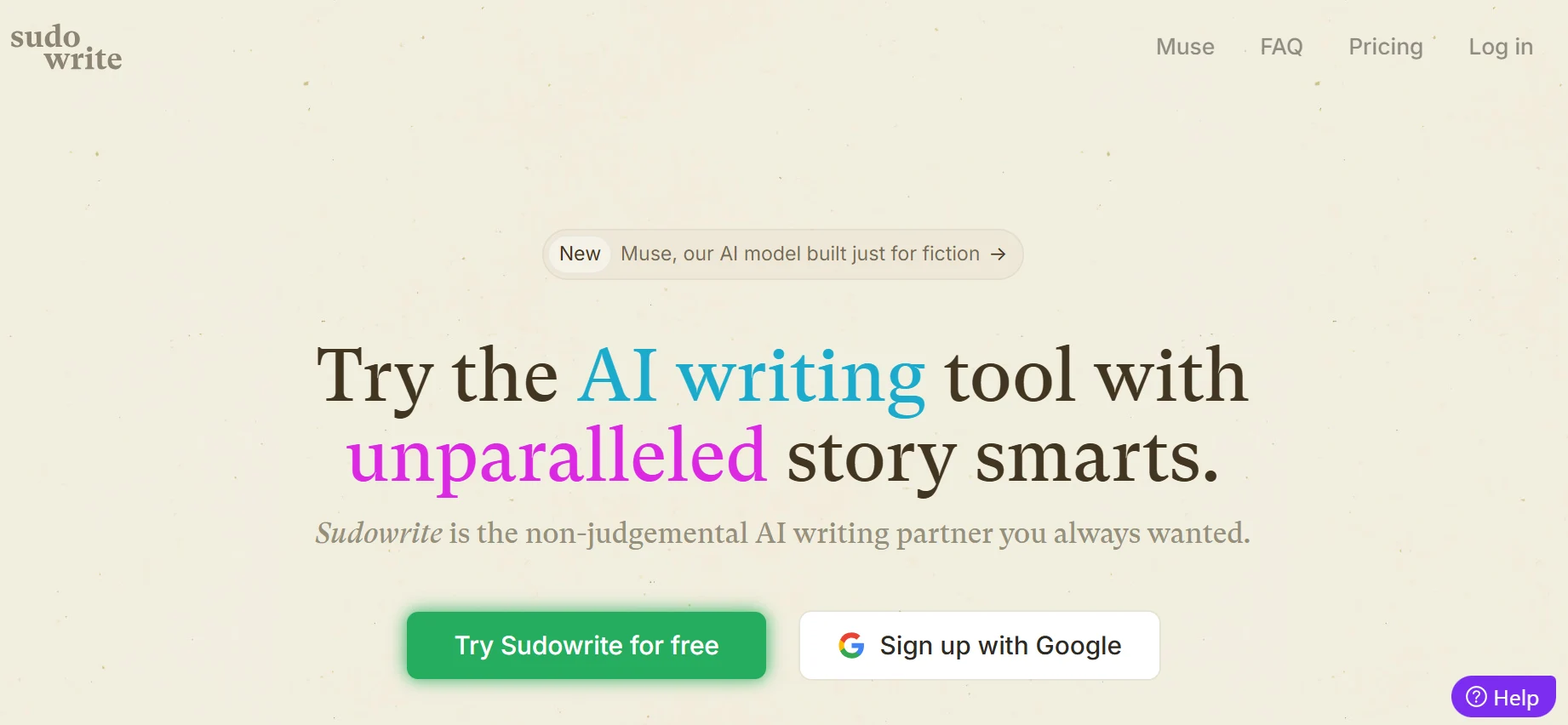
Sudowrite
Related AI Tools
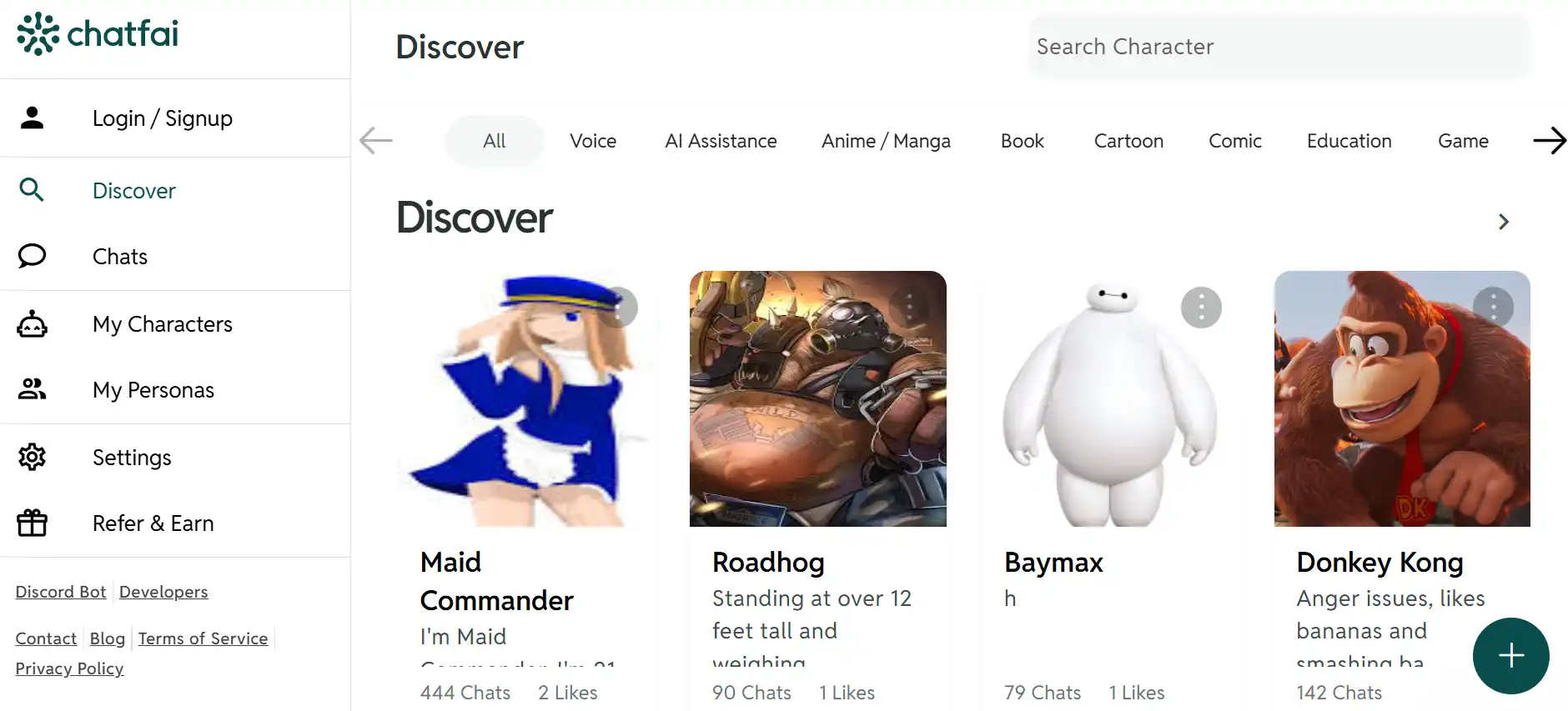
ChatFAI
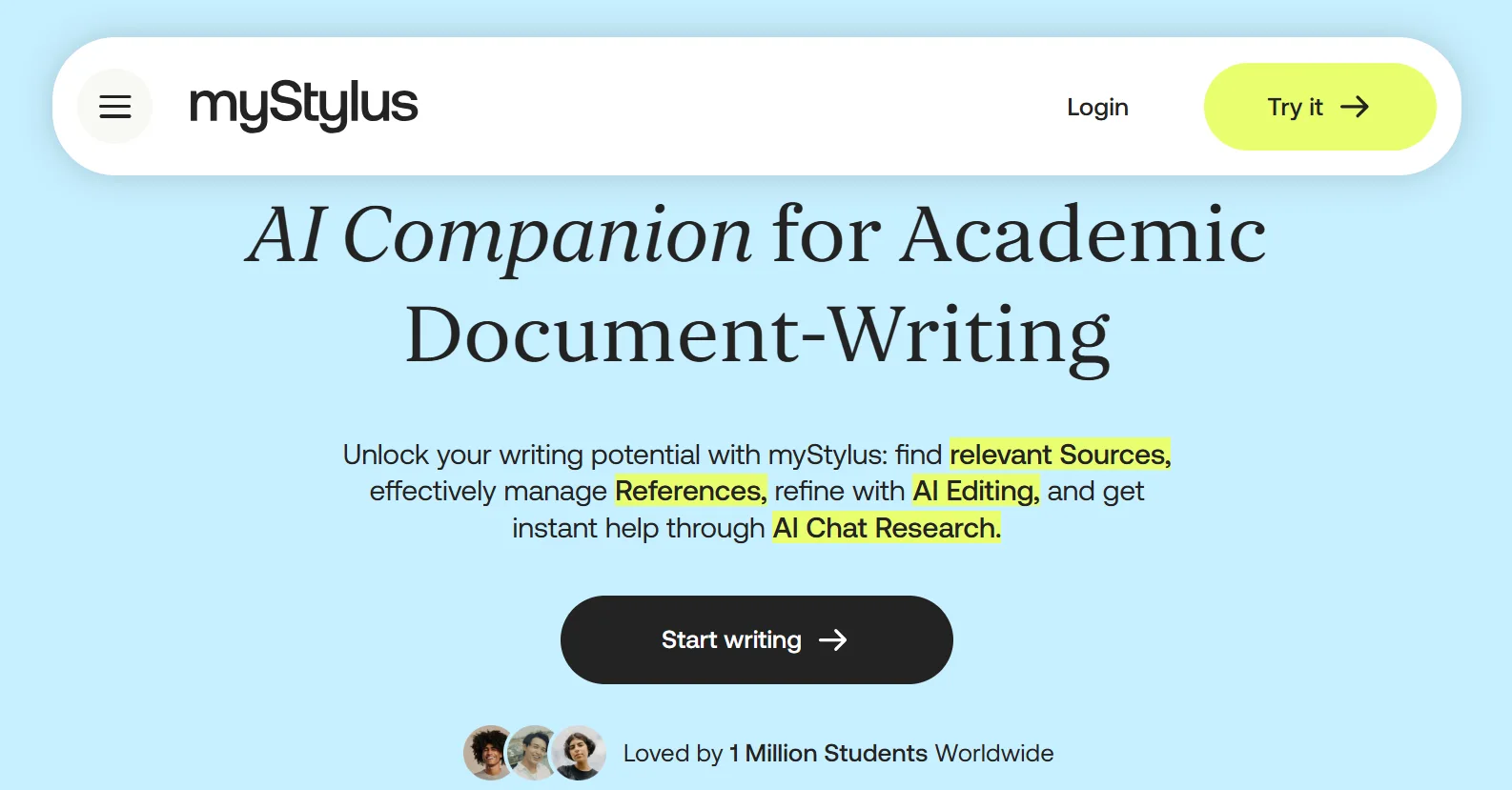
myStylus AI
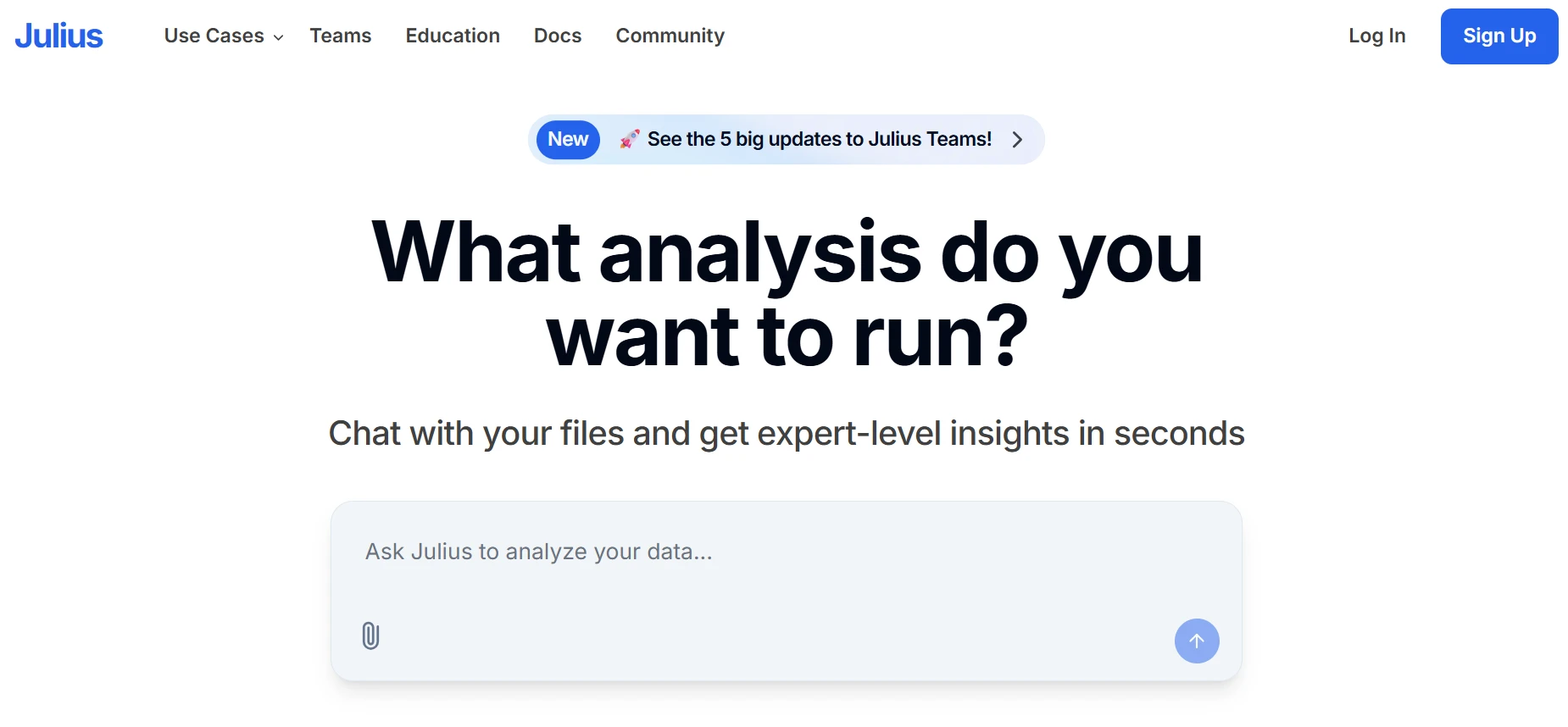
Julius AI

FotoExamen
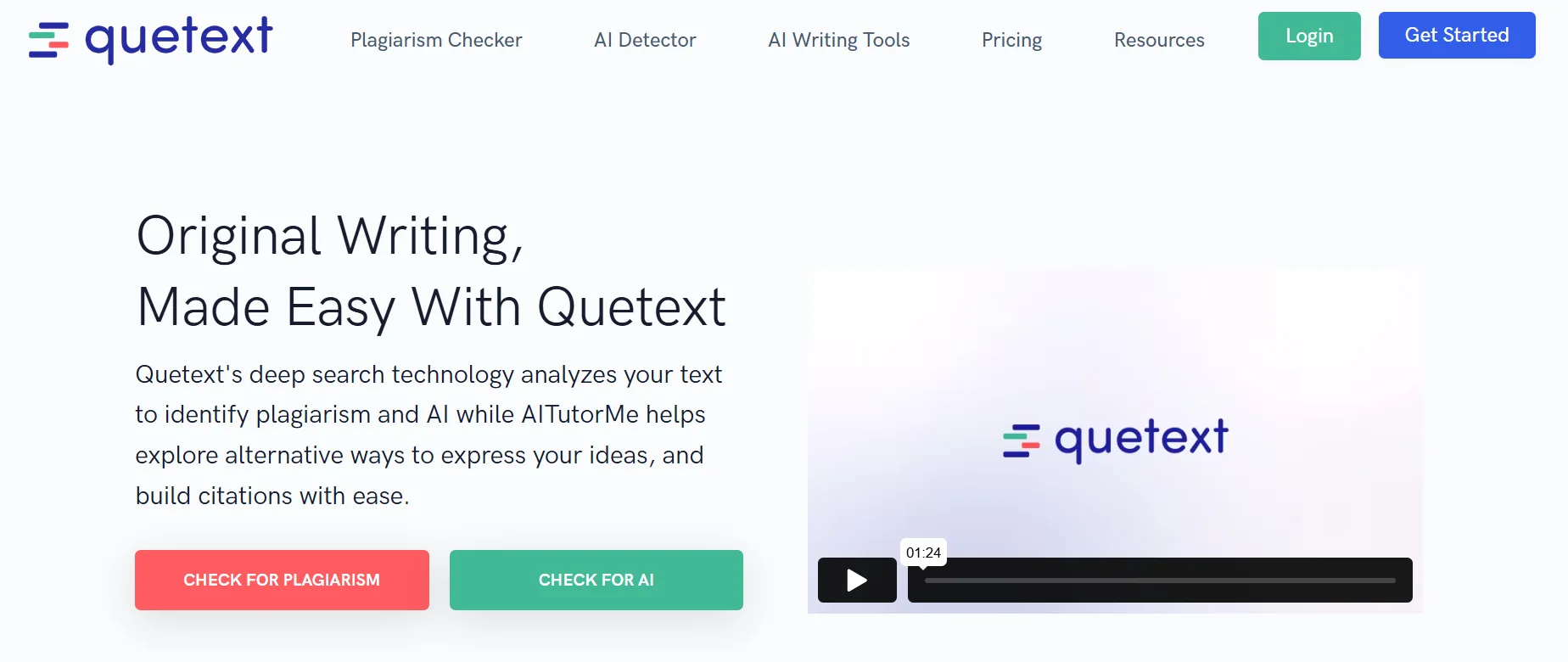
Quetext
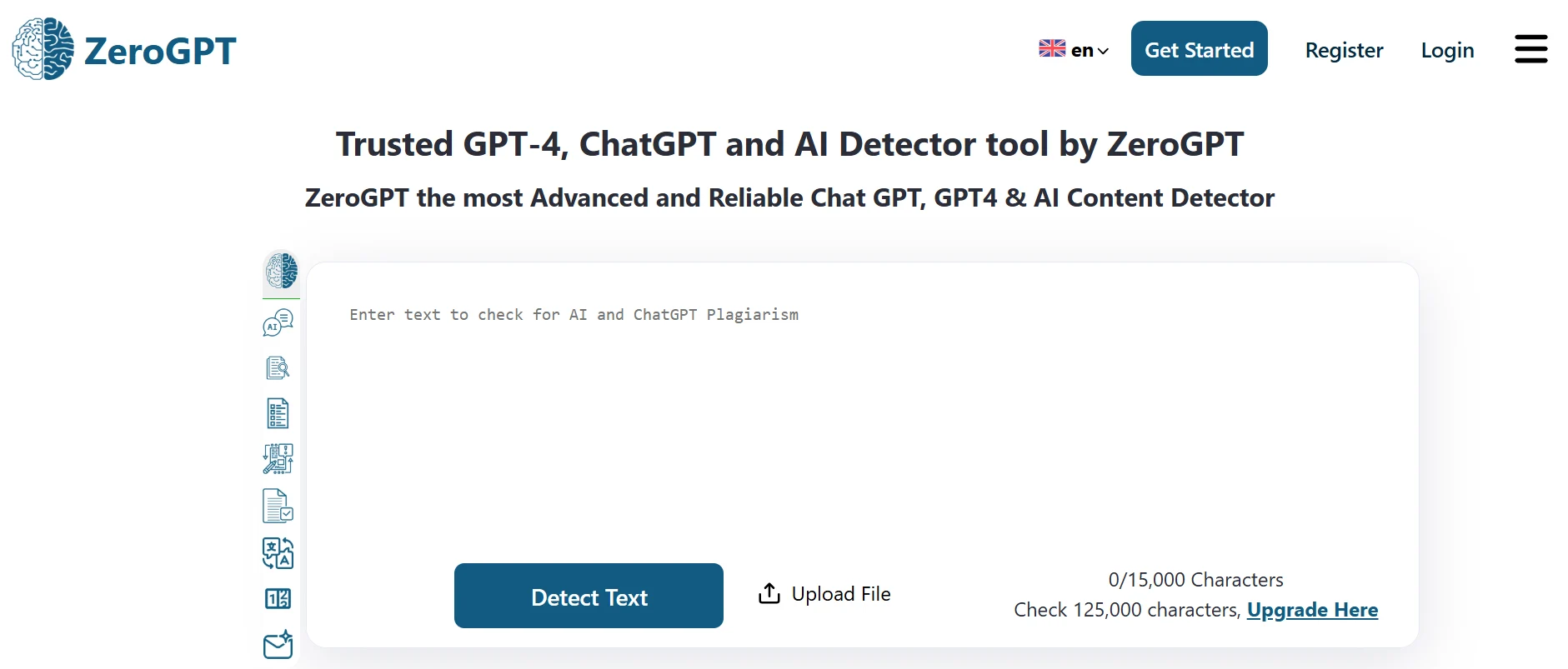
ZeroGPT
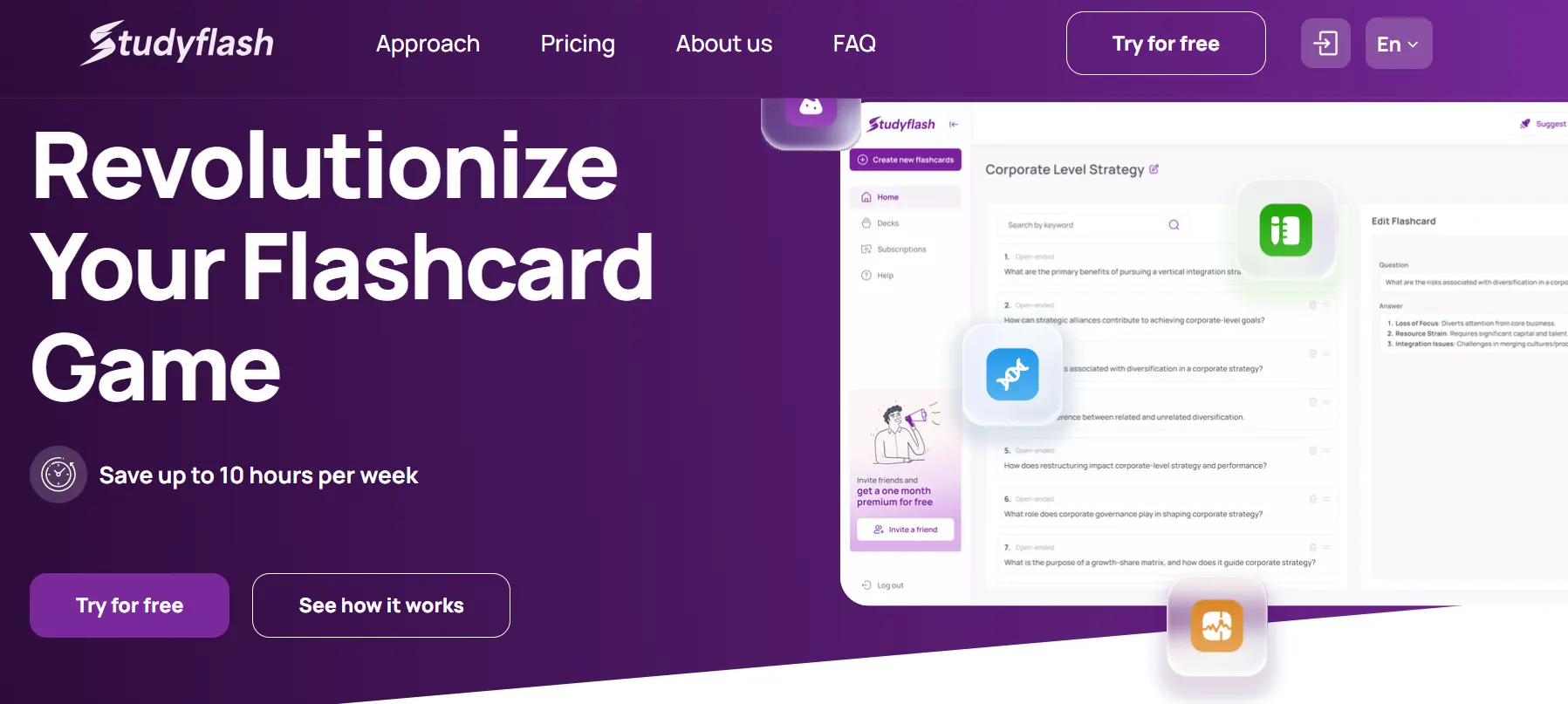
Studyflash
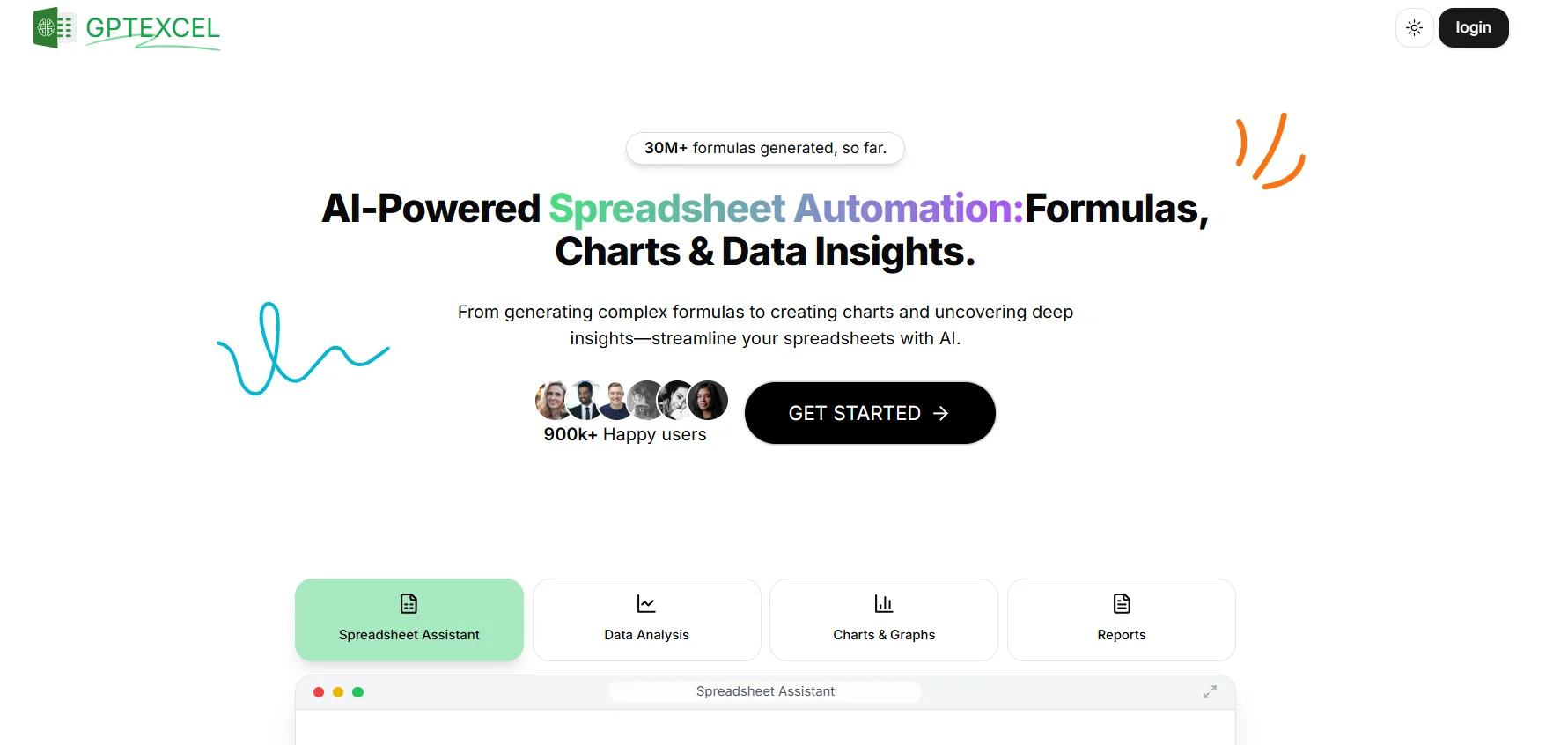
GPTExcel
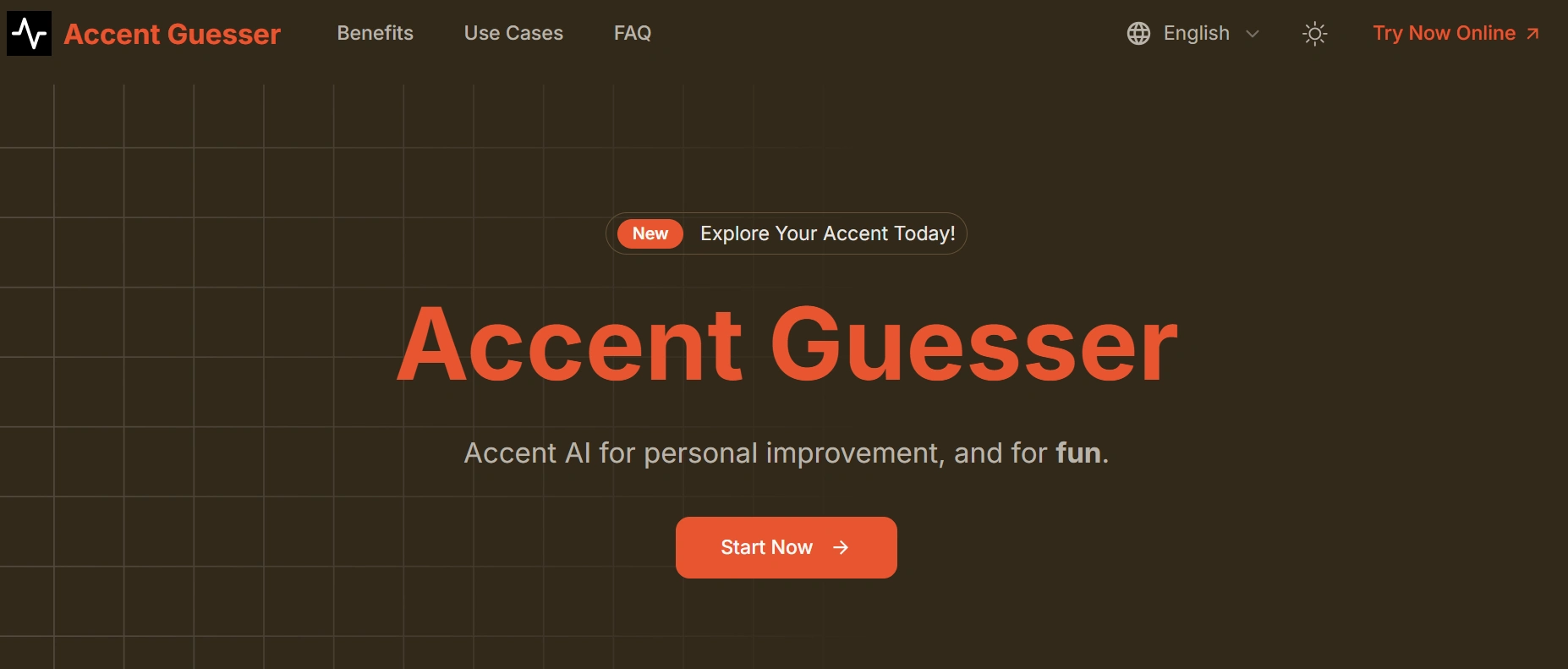
Accent Guesser
